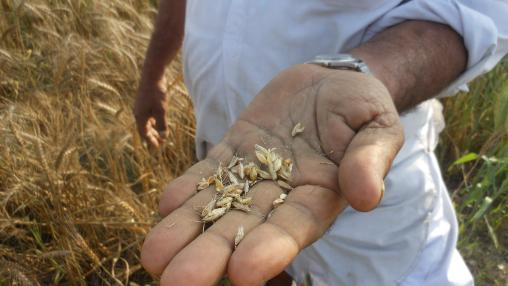
Wheat Price Volatility: Drivers and Impacts
Ten years after the launch of AMIS and the Food Security Portal’s Excessive Price Variability Early Warning System, managing and reducing food price volatility remains a clear priority for global food security.
As reported earlier this month, global wheat prices declined slightly in June after 12 straight months of increases. The recent decline was based on favorable production prospects in several major producing regions, including Europe, India, and the Black Sea region. Wheat futures prices followed suit, dropping by 6 percent in June.
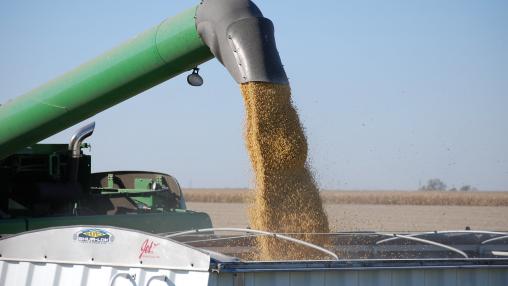
FAO Food Price Index Continues to Surge
The FAO Food Price Index continued to surge in May, rising 4.8 percent from the previous month. Prices are now 38.9 percent higher than May 2020 and the highest seen since September 2011. This twelfth consecutive month of increases also brings the Index just 7.6 percent below the record highs of February 2011.
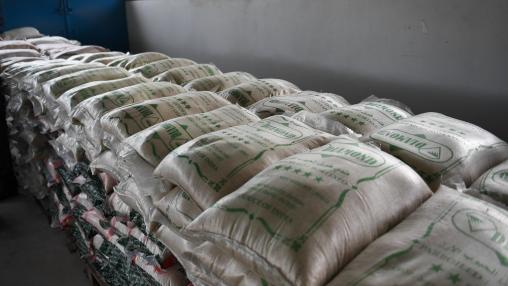
FAO, AMIS Report Ongoing Price Increases, Warn of Potential Price Volatility
The FAO Food Price Index continued its 11-month climb in April, rising by 1.7 percent from March 2021. The Index also surged 30.8 percent above its April 2020 levels to reach its highest level seen since May 2014.
Evolving factors shaping trade in agriculture and food
Agricultural trade is shaped by geopolitical, geo-economic, social, and cultural trends. These can lead to more or less globalization, but which is better for agriculture and food security? International trade in food favors production in the most efficient regions, a factor of growing importance as we tackle the escalating impacts of climate change. Recent experiences during the food price spikes of 2007/08 and 2010/11, and more recently during the COVID-19 pandemic, have encouraged some countries to promote self-sufficiency measures or institute export restrictions.
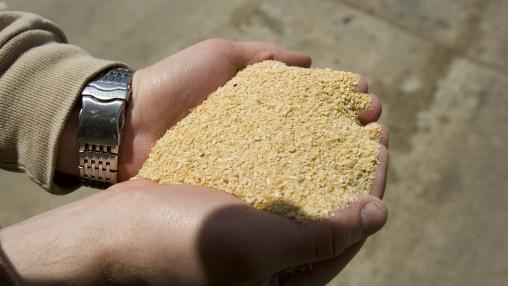
Commodity prices continue to rise but could be tempered by good production forecasts: FAO and AMIS
The FAO Food Price Index continued to rise in March for the tenth consecutive month. The Index increased 2.1 percent from February, bringing it to its highest value seen since June 2014. The rise was led by increased prices for vegetable oils, meat, and dairy. Cereal prices declined in March.
Women’s Empowerment in Beyond-Production Activities
Join us on Wednesday, March 31 at 9:30 a.m. Eastern time, for a Women’s Empowerment in Beyond-Production Activities virtual seminar.
Women engage in a variety of agricultural roles across the value chain. Many approaches, promising practices, and tools to support women’s empowerment in production have emerged in recent years. However, much less is known about women’s engagement, benefit, and empowerment in beyond-production activities such as input and service provision, marketing, agro-processing, and retail.
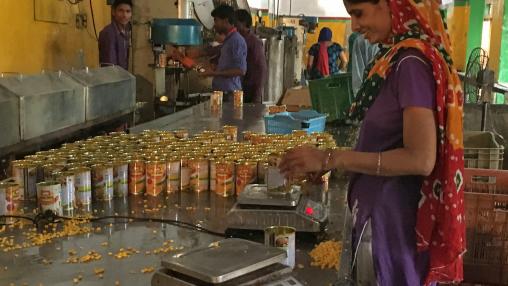
FAO Food Price Index Continues Nine-Month Climb
The FAO Food Price Index continued to climb for the ninth consecutive month. Food prices rose by 2.4 percent in February to reach the highest levels seen since July 2014.
The Africa Agriculture Trade Monitor; What Next for the African Continent?
The aim of the WTO Trade Dialogues on Food is to create a conversation around the role of international trade in food security.
National Policy Dialogue: Informal Cross-Border Trade in Tanzania: Implications for Food Security and Resilience
The International Labour Organization estimates that approximately 80% of workers in Africa South of the Sahara are employed in the informal economy. Beyond providing employment, particularly to society’s more vulnerable or marginalized groups – especially women, informal trading plays a critical role in ensuring the food security of both the urban and rural poor. It has been estimated that over 70% of households in Africa south of the Sahara rely on informal vendors and traders for food access.
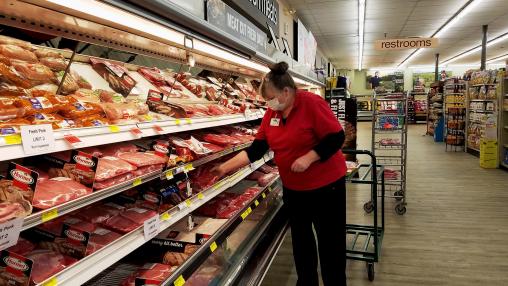
Measuring the True Cost of Food
Think20 (T20) is a G20 engagement group that connects and collaborates with think tanks around the world to provide ideas and recommendations to G20 leaders. This blog pulls from one of the briefs published by the T20 task force on Sustainable Energy, Food, and Water Systems, one of ten T20 task forces for this year’s Saudi Arabia G20 Presidency. Second in a series.